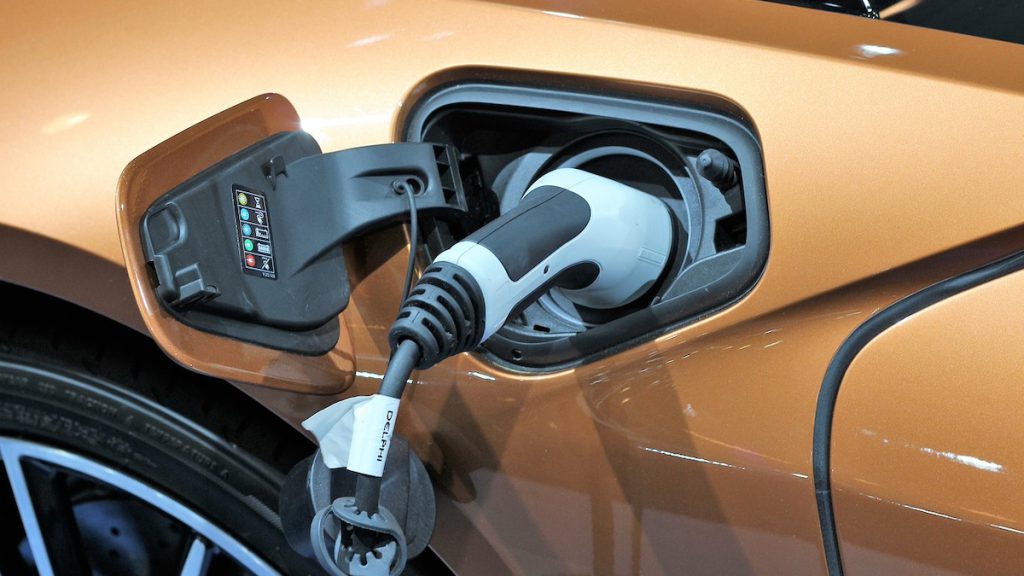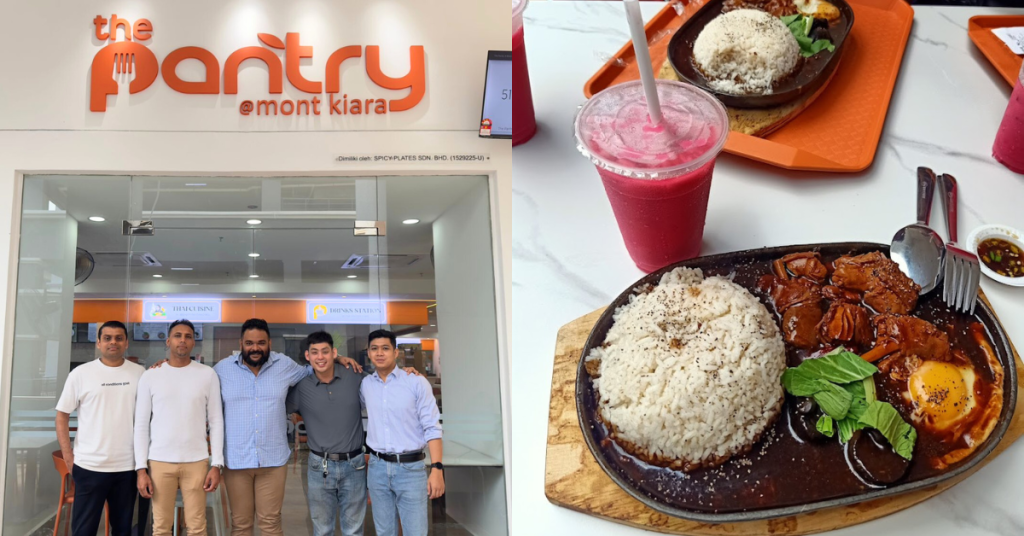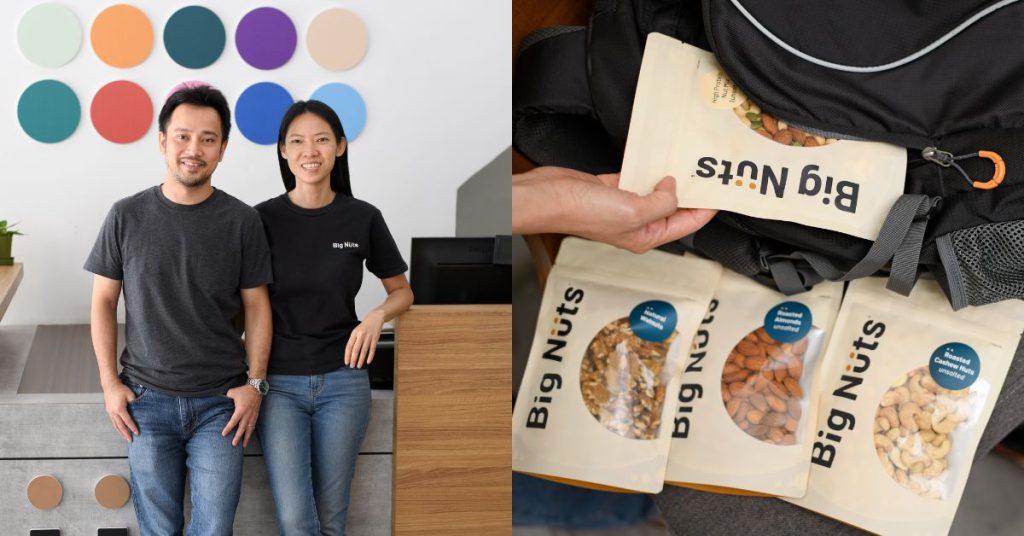Singapore Charges Ahead: EV Adoption Accelerates, hitting 32.6% Market Share in 2024

In my 7 June 2024 article on upcoming EVs in Singapore, I mentioned a Bloomberg Green study that set the Tipping Point to the mass adoption of EVs when more than 5% of new car sales are electric. “when 5% of new car sales are purely electric. This threshold signals the start of mass adoption, […]
He thinks people will pay RM2,200+ for a blind date party in KL, so we had to find out why

Recently, we came across a fascinating event known as The Blind Date Party. Featuring quite the sophisticated website and a curious premise, this quickly became the topic of our office conversations. Framed to be an exclusive experience, this soiree is aimed to redefine and elevate the conventional blind dating experience. The kicker? Prices start at […]
“Not to become a profit centre”: The real reason behind this new Mont Kiara food hall

In the middle of May, the bustling suburb of Mont Kiara with its tall skyscrapers and walkable neighbourhoods welcomed its first food hall—The Pantry. It’s one of the few places in the area where you can get cheap eats. And no, we’re not talking about KL’s definition of cheap where a sandwich typically costs over […]
These M’sian health nuts opened a roastery & store in Penang to sell healthy nuts

Jason Lee and Chris Seah, the co-founders of Big Nuts in Penang, come from vastly different backgrounds. Jason, a culinary expert, ran a successful Italian restaurant in Penang for three years. Chris, on the other hand, thrived in the corporate world as an Inside Sales Executive at Dell. Despite their contrasting paths, both found themselves […]

